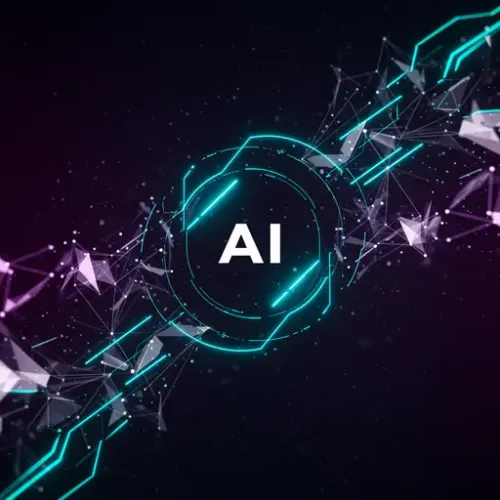Doctors develop AI stethoscope that can detect major heart conditions in 15 seconds

The AI Report
Daily AI, ML, LLM and agents news
Imagine a future where life-threatening heart conditions are identified not in a stressful emergency room, but quickly and accurately during a routine GP visit. For centuries, the stethoscope has been a symbol of medical care, an essential tool for listening to the body’s whispers. While revolutionary in 1816, its capabilities are now being dramatically enhanced. What if this trusted instrument could, in mere seconds, detect subtle signs of serious heart disease that even the most experienced human ear might miss?
This isn't science fiction. Researchers at Imperial College London and Imperial College Healthcare NHS Trust have unveiled an AI-led stethoscope, a remarkable upgrade that promises to transform the early diagnosis of heart failure, heart valve disease, and abnormal heart rhythms. This innovation isn't just an incremental improvement; it's a paradigm shift in how we approach one of the leading health challenges worldwide.
The Power of Precision: How AI Transforms Diagnosis
The traditional stethoscope, while invaluable, relies entirely on human interpretation. The new AI-powered device transcends these limitations by analyzing minute differences in heartbeat and blood flow that are imperceptible to the human ear. More than that, it simultaneously takes a rapid electrocardiogram (ECG), capturing the heart's electrical signals. This rich data is then securely sent to cloud-based AI algorithms, which can rapidly identify patterns indicative of specific heart conditions.
In a groundbreaking 15-second examination, this smart stethoscope provides a preliminary diagnostic insight, delivered directly to a clinician's smartphone. This speed and analytical depth fundamentally change the diagnostic landscape, moving from subjective listening to objective, data-driven assessment.
Early Detection: A Game Changer for Heart Health
The implications for patient care are profound. Early diagnosis of conditions like heart failure, atrial fibrillation, and heart valve disease is not merely beneficial; it is often life-saving. Catching these conditions sooner means patients can access critical treatments and interventions before their health significantly deteriorates. This reduces the likelihood of emergency hospital admissions and improves long-term outcomes.
Tangible Results from Clinical Trials
The effectiveness of this technology has been rigorously demonstrated. A study involving 12,000 patients across 200 GP surgeries in the UK showed striking results:
- Patients examined with the AI stethoscope were twice as likely to be diagnosed with heart failure.
- They were three times more likely to be diagnosed with atrial fibrillation, an abnormal rhythm that significantly increases stroke risk.
- Diagnosis of heart valve disease was almost doubled compared to conventional methods.
These statistics underscore the device's potential to dramatically improve diagnostic accuracy in primary care settings, empowering general practitioners to act decisively and promptly.
Empowering GPs and Streamlining Care
One of the most exciting aspects of this innovation is its potential to decentralize early diagnosis. Currently, many individuals with heart failure are diagnosed only when they present to A&E with severe symptoms. This new tool offers GPs a quick, simple, and effective method to screen symptomatic patients in their local surgeries. This not only eases the burden on acute care services but, more importantly, ensures that patients receive the right treatment at the earliest possible stage.
While the researchers caution that the AI stethoscope is intended for patients with suspected heart problems and not for routine checks in healthy individuals, its role in targeted screening could save countless lives and significantly reduce healthcare costs by preventing advanced disease.
A Glimpse into the Future of Healthcare
This AI-led stethoscope represents a significant leap forward, blending centuries-old medical practice with cutting-edge technology. It reminds us that innovation doesn't always replace existing tools but can powerfully augment them, making healthcare more accessible, accurate, and proactive. The future of heart health hinges on our ability to leverage such advancements to detect problems earlier and intervene more effectively.
Consider the impact: faster diagnoses, earlier access to life-saving treatment, and a healthcare system better equipped to manage chronic conditions. This advancement offers not just hope, but a tangible pathway to healthier communities. How will we continue to embrace and integrate such intelligent tools to redefine what’s possible in patient care?

The AI Report
Author bio: Daily AI, ML, LLM and agents news
